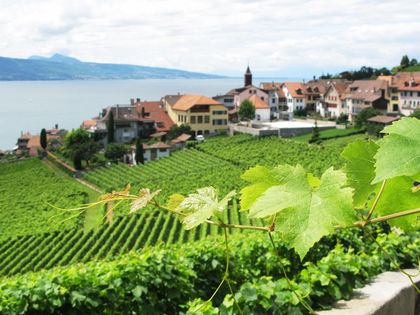Switzerland - Agriculture

The Swiss soils, terrain, and climate do not favor agriculture particularly and farms are usually family enterprises,
Since 1993, the Swiss system for protecting farmers has slowly begun a fundamental reform, due to the need to reduce costs for the budget and to the pressure from consumers and trading partners. Trade liberalization agreements require Switzerland to eliminate import barriers, reduce export subsidies , revise agricultural tariffs, and cut domestic support. Consequently, the Swiss agricultural sector will become less protected and more open to market forces and increasingly accessible to foreign goods. The government's position is that Swiss agricultural policy and regulations will be adjusted to be more in line with EU policies leading to reductions in administered prices. The process of agricultural policy reform started in 1993 when the prices of the politically sensitive dairy sector were first slightly reduced. The reform culminated in 1998, when the Parliament approved a new package of agricultural policy measures. According to the package, administrated prices will continue to decline and direct payments to farms will be gradually linked to their of use environmental production methods such as organic agriculture. On the other hand, trade agreements with the EU that lowered tariffs and other barriers to trade in agricultural goods will boost both exports of Swiss cheese and other delicacies and the imports of a range of EU-produced fruit, vegetables, and beverages into Switzerland.
Please contact me as soon as possible.
I am a businessman, I live in Poland, I am engaged in cattle breeding - cows, gobies. I have over 200 animals.
I want to open a company in Switzerland. Please tell me if this is possible and can you help with this?
- Can I transport them with my documents and veterinary passports to animals by transport to a rented farm in Switzerland?